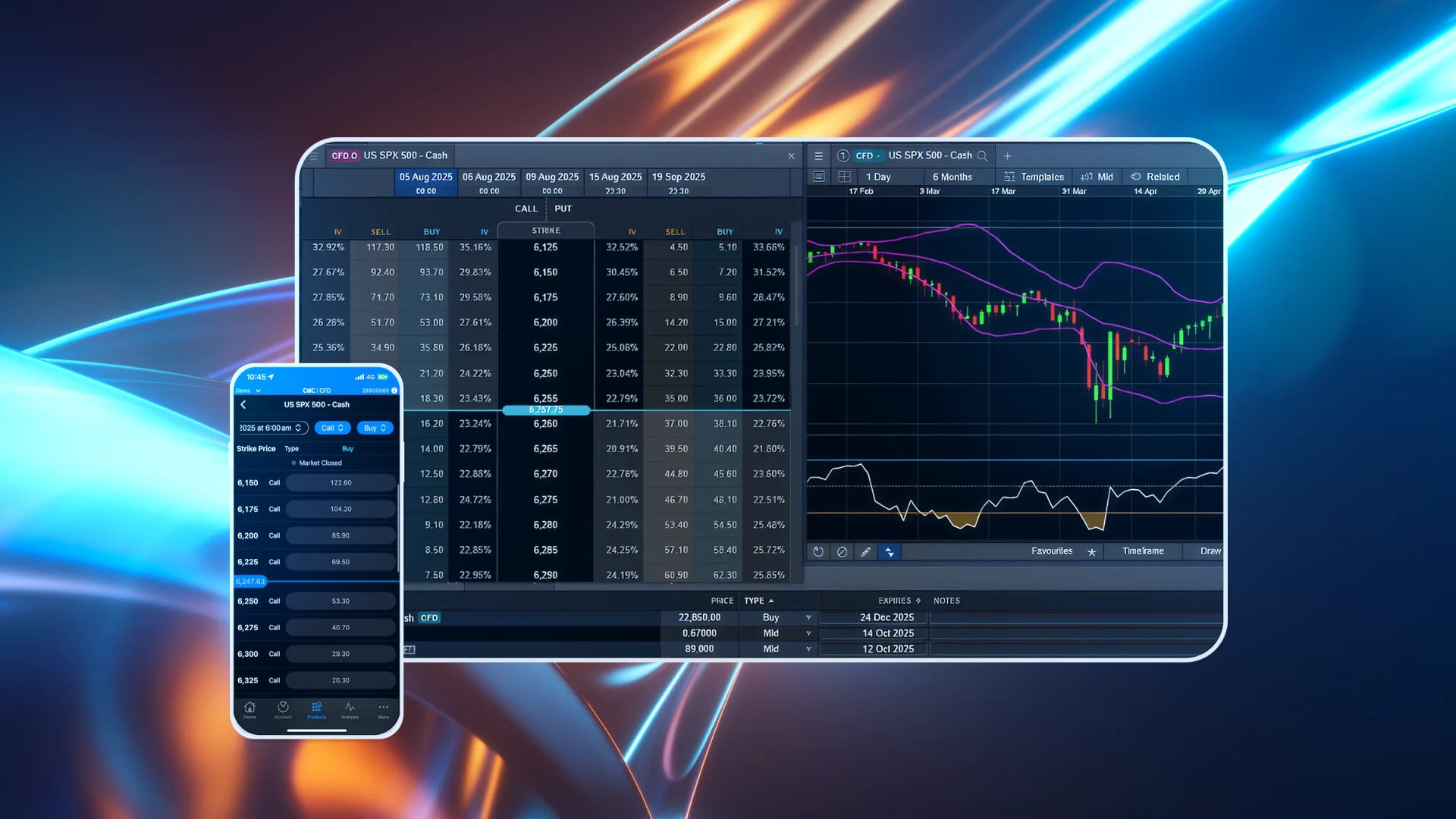Wall St up, job data raises stimulus hopes
Wall Street has gained more ground as the record weekly jobless claims came in below investors’ worst fears while adding to the case for more stimulus to combat the economic impact of the coronavirus pandemic.
Initial claims for unemployment benefits rose to 3.28 million last week as lockdowns across the country brought economic activity to a sudden halt and unleashed a wave of layoffs, but were still below estimates ranging as high as four million.
Mike Loewengart, managing director of investment strategy at E*Trade Financial in New Jersey said the jobless figures set a new record.
“It’s unprecedented and the highest it’s been since the metric even began in the ’60s,” he said.
“That said, it’s no secret that times will be tough on the jobs front for the foreseeable future, so even a number this large is relatively priced in.
“The real question at hand now is if the current stimulus package is enough to give Americans the support they need.”
Federal Reserve Chair Jerome Powell said on Thursday the central bank would act “aggressively” to keep firms and families afloat, after already announcing an unprecedented policy easing earlier this week.
Meanwhile, the US Senate passed a whopping $US2 trillion stimulus package to aid distressed industries and millions of Americans devastated by the health crisis.
The S&P 500 is now on pace for its third straight session of gains, the index’s longest run since February 12, but has only recouped a fraction of the nearly $US8 trillion in value lost since a record high last month as the pandemic showed no signs of peaking.
Traders expect more wild swings as fears of a deep and lasting global recession and corporate defaults rage amid a breakdown in business activity.
“This is the beginning of the really bad numbers we’re going to see for the foreseeable month,” said Subadra Rajappa, head of US rates strategy at Societe Generale in New York.
The CBOE volatility index fell 4.4 points in early trading on Thursday, but was still near levels far above those in 2018 and 2019.
United Airlines, Delta and American Airlines rose between 5.4 per cent and eight per cent, while Boeing rose seven per cent as the US Senate aid bill included a $US58 billion provision for the aerospace industry.
At 10am local time, the Dow Jones Industrial Average was up 631.29 points, or 2.98 per cent, at 21,831.84, and the S&P 500 was up 75.07 points, or 3.03 per cent, at 2550.63. The Nasdaq Composite was up 194.36 points, or 2.63 per cent, at 7578.66.
All 11 major S&P sectors were trading higher, with a 2.9 per cent gain in technology stocks providing the biggest boost.
Advancing issues outnumbered decliners nearly 5-to-1 on the NYSE and 4-to-1 on the Nasdaq.
The S&P index recorded no new 52-week high or low, while the Nasdaq logged one new high and six new lows.








